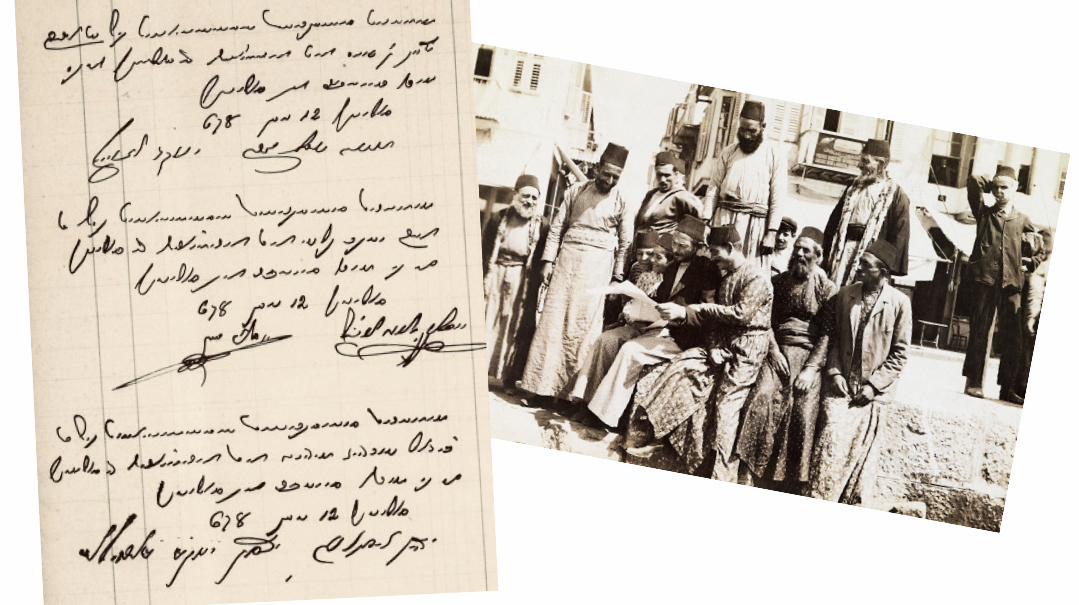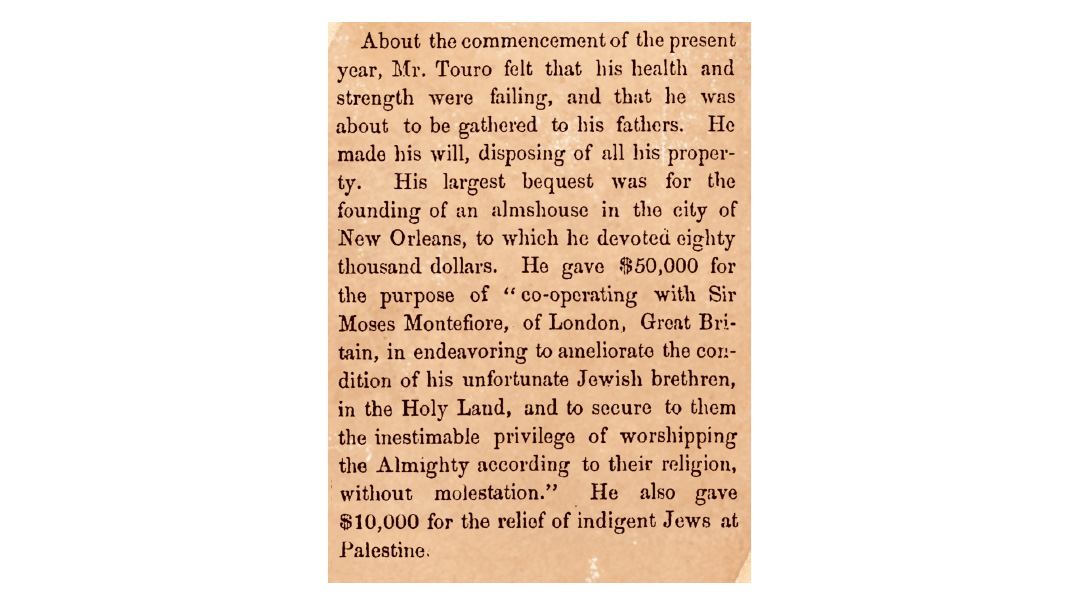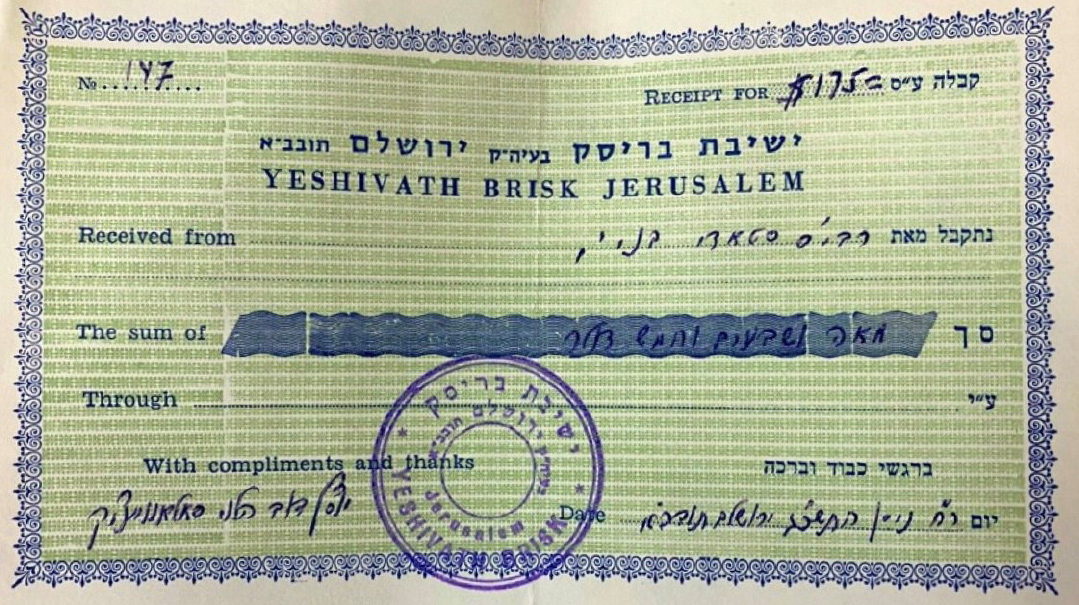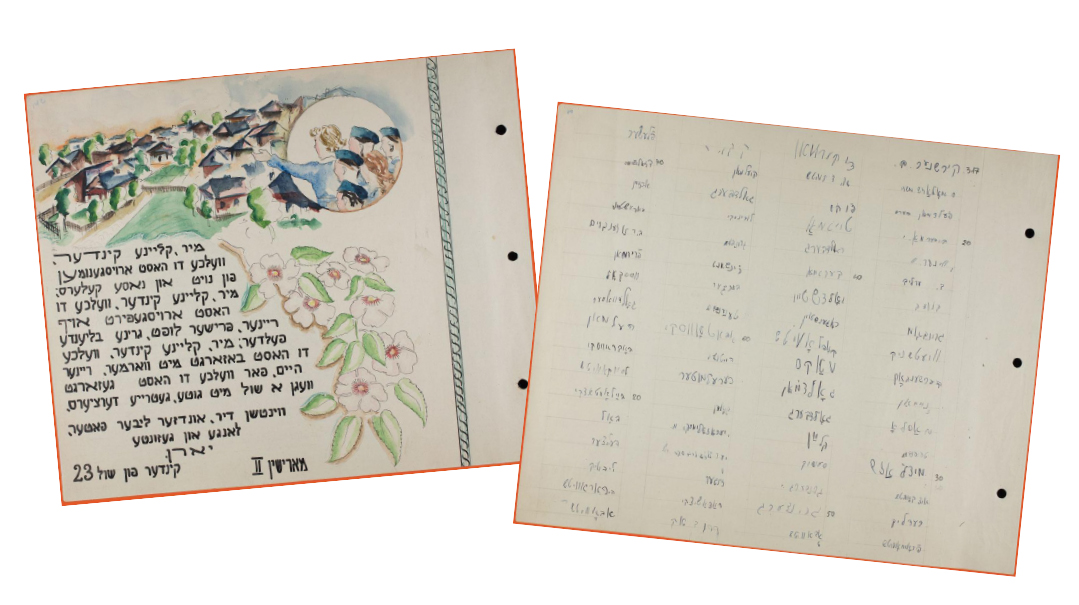Raid on the Sun
| June 17, 2025“You want the mission to be successful? Go when Torah is being studied”
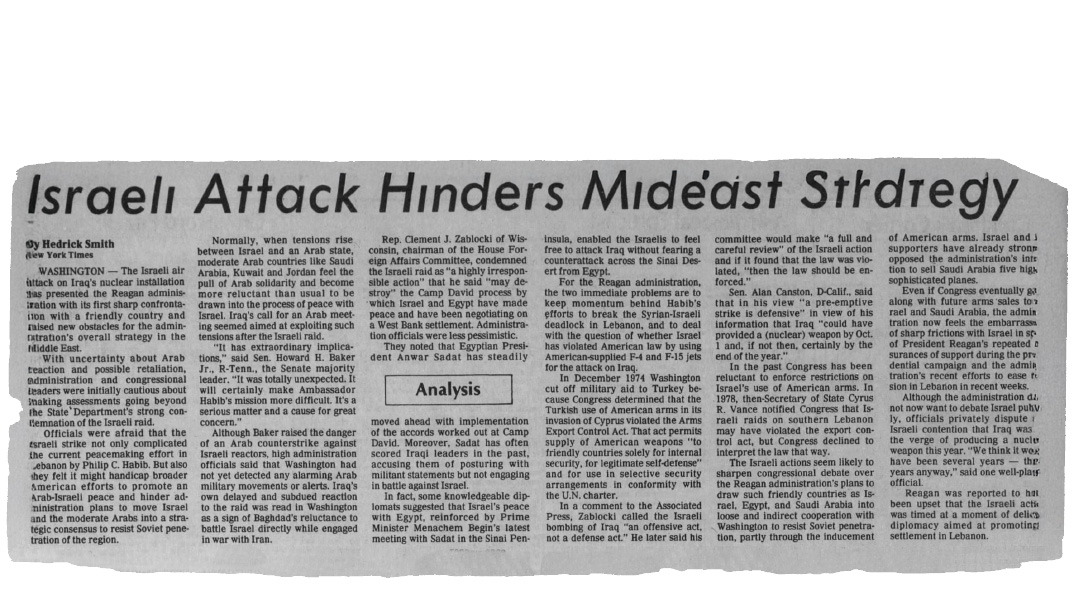
Title: Raid on the Sun
Location: Osirak, Iraq
Document: New York Times
Time: June 1981
THE EIGHT F-16 FIGHTING FALCONS streaked across the Iraqi desert at tree-top level, their wingtips nearly scraping the sand dunes below. Radio silence had been maintained for nearly 1,000 miles as the Israeli pilots navigated by dead reckoning through Jordanian and Saudi airspace.
As Israel prepared for the upcoming holiday of Shavuos that very evening, at exactly 5:35 p.m. Baghdad time on June 7, 1981, the pilots came within view of the concrete dome of Iraq’s Osirak nuclear reactor. Within 17 minutes, Saddam Hussein’s nuclear ambitions would lie in smoldering rubble, and the strategic balance of the Middle East would be forever altered.
Operation Opera, as the mission was called, arose from the tortured conscience of Prime Minister Menachem Begin. A Holocaust survivor whose parents had perished at the hands of the Nazis and their collaborators, Begin faced a calculation that haunted his sleepless nights: Could Israel permit another potential genocide to develop in the form of an Iraqi nuclear weapon?
The Osirak reactor, officially named Tammuz-1, was a 40-megawatt research facility purchased from France for $300 million. While France insisted it was intended for peaceful purposes, Israeli intelligence painted a darker picture. The reactor could produce enough weapons-grade plutonium to give Iraqi dictator Saddam Hussein a nuclear bomb by the mid-1980s.
Begin had exhausted diplomatic options, personally appealing to French president Valéry Giscard d’Estaing to halt the reactor’s completion. When diplomacy failed, military planning intensified. The timing was crucial — Israeli planners knew they had a narrow window before the reactor became operational. Striking an active reactor would risk massive radioactive contamination, making the mission politically and morally unacceptable.
Israeli author, educator, and public activist Dr. David Zoldan cites a remarkable story that allegedly took place shortly prior to the daring attack on the Iraqi reactor. According to his version of the events, some days before the attack, Begin’s famous righthand man Yechiel Kadishai made an unusual visit to Rechov Raavad 27 in Bnei Brak, requesting an immediate audience with the Ponevezh rosh yeshivah, Rav Elazar Menachem Shach.
Clarifying that he was on a personal mission from the prime minister, Kadishai described the upcoming operation to Rav Shach, and stated that Begin wished to receive the Rosh Yeshivah’s blessing for the risky mission.
The 82-year-old rosh yeshivah listened carefully to the mission outline. Upon understanding that operation would begin on the afternoon of Erev Shavuos, he made an unexpected request: “Wait until after 4 p.m., when the afternoon seder begins. You want the mission to be successful? Go when Torah is being studied. Then you’ll have brachah in this mission.”
Initially, the mission was scheduled to begin earlier in the afternoon. But Rav Shach felt that during those hours on Erev Shavuos, yeshivah students would still be in their dormitories preparing for the upcoming holiday. By four in the afternoon, talmidim would begin arriving in yeshivos across the country for a learning seder named “hachanah l’Matan Torah,” filling batei medrashos with the sounds of Torah. Rav Shach felt that those auspicious circumstances would confer a greater chance of success on the mission.
Supposedly, a similar consultation took place in Netivot with the Baba Sali, Rav Yisrael Abuchatzeira. Even before he was told any details, the Baba Sali began to weep and instructed that the mission should coincide with the sound of Torah learning from the nearest beis medrash.
What’s even more astonishing is that the Israeli Air Force allegedly accommodated this change into the schedule. In further consultation between the prime minister and IDF Chief of Staff General Rafi Eitan, the Air Force acquiesced to this request, and held up the mission for a few hours to coincide with the pre-Shavuos learning seder.
If the basic claims of this story are true, then there is an even more symbolic and poignant angle to the Osirak attack. At the moment the the Jewish People commemorated Kabbalas HaTorah with a modern day naaseh v’nishma, Israel’s enemies sustained a decisive defeat. As the afternoon seder commenced, Rav Shach had the Aron Kodesh opened and requested that Tehillim be recited in unison.
The pilot flying in the hindmost position in the formation — and hence in the greatest danger, as the element of surprise had long since been lost when the last plane dropped its payload — was Colonel Ilan Ramon. He later would later become Israel’s first astronaut, perishing in the Columbia space shuttle disaster in February 2001. In his flight suit pocket, Ramon carried a small laminated card with the tefillat haderech his wife had given him that morning. His parents were Holocaust survivors, his father having escaped Germany during the 1930s, and his mother having survived Auschwitz.
The eight F-16s, escorted by six F-15 Eagles, had flown nearly 1,000 miles under the radar, following a route carefully planned to avoid detection. Each F-16 carried two 2,000-pound Mark 84 bombs, specifically chosen for their ability to penetrate the reactor’s protective dome. The attack lasted less than two minutes. All 16 bombs found their marks with surgical precision, reducing hundreds of millions of dollars of nuclear equipment to ruin.
The tactical execution was flawless. Every Israeli aircraft returned safely, having encountered virtually no resistance. Years later, Iraqi military officials would express bewilderment at their forces’ complete failure to respond. Surface-to-air missiles remained silent. Some Iraqi soldiers manning anti-aircraft defenses left for their posts for an afternoon meal, turning off their radar. Other radar operators reported equipment malfunctions. One French technician was killed and several others wounded, but casualties were minimal compared to the potential devastation of a release of radioactive material.
International reaction was swift and nearly unanimous in condemnation. The UN Security Council unanimously passed Resolution 487, calling the attack a “clear violation of the charter of the United Nations.” The United States imposed a temporary arms embargo on Israel, suspending delivery of additional F-16 aircraft. France immediately suspended all nuclear cooperation with Iraq and strengthened export controls on sensitive nuclear technology.
But the pilots’ day was not over. Upon landing at their secret airbase, several squadron members insisted they needed to recite bircas haGomel. Squadron chaplain Rabbi David Stern hastily arranged a minyan.
“I’ve never seen anything like it,” Rabbi Stern later recalled. “These pilots, still in their flight suits, standing with covered heads, thanking Hashem. It was the most moving minyan of my career.”
The Osirak strike established what became known as the Begin Doctrine — Israel’s declared policy of preventing hostile neighbors from acquiring nuclear weapons capabilities. This precedent would later influence Israeli strikes on suspected nuclear facilities in Syria in 2007. Historians now recognize that the strike likely prevented a nuclear-armed Iraq during the Iran-Iraq War, the Gulf War, and the 2003 US invasion — scenarios that could have dramatically altered Middle Eastern history.
As history repeats itself, and the Begin Doctrine is once again being tested in the region, our hopes, prayers and of course Torah study are all directed towards once again achieving salvation from Hashem for His children.
FRENCH AWAKENING
Jacques Chirac, who as prime minister of France had negotiated the original reactor deal with Iraq, would later privately acknowledge the strike’s necessity. In a 2007 meeting with Israeli prime minister Ehud Olmert, Chirac reportedly said: “I have come to understand that sometimes nations must choose between legal niceties and survival. Your pilots may have saved more lives than we’ll ever know.”
SEVENTY-NINE SECONDS
The most poignant footnote came 22 years later. On February 1, 2003, Colonel Ilan Ramon perished aboard the Space Shuttle Columbia along with six American crew members. Among his personal items aboard the shuttle was a small sefer Torah that had survived the Holocaust — a reminder of the historical forces that had shaped both his military service and his ultimate sacrifice.
(Originally featured in Mishpacha, Issue 1066)
Oops! We could not locate your form.

